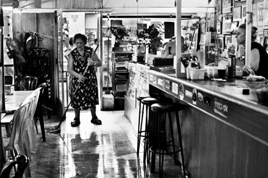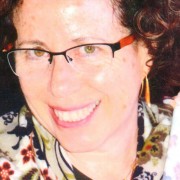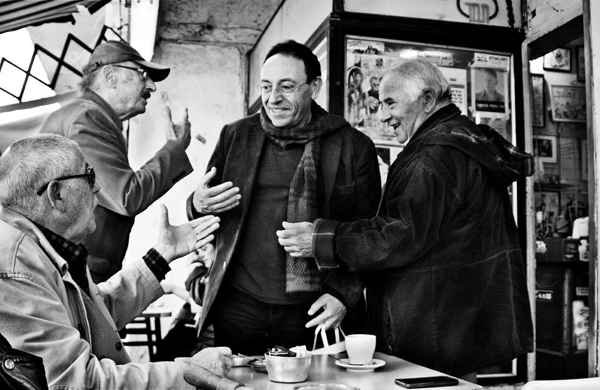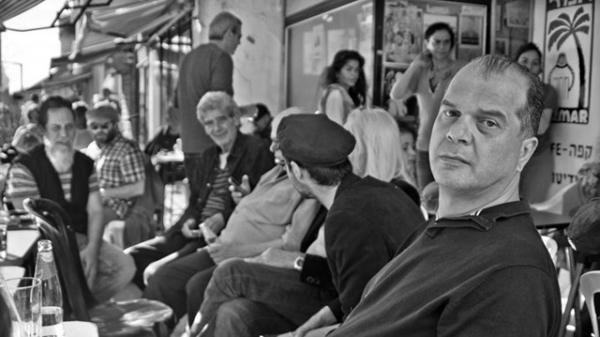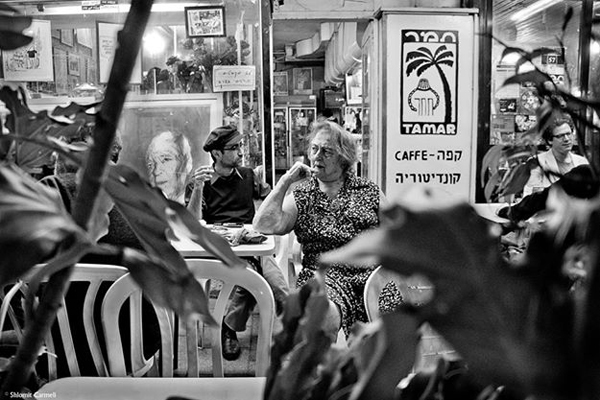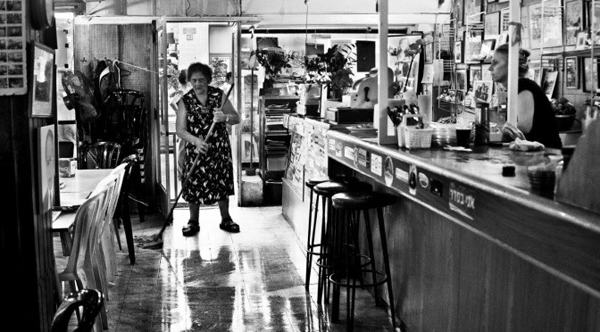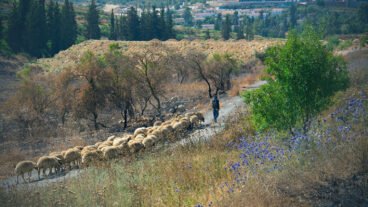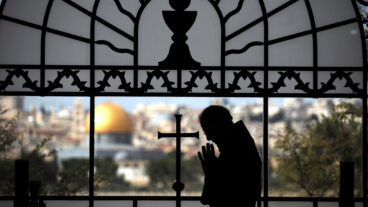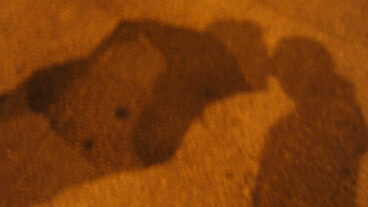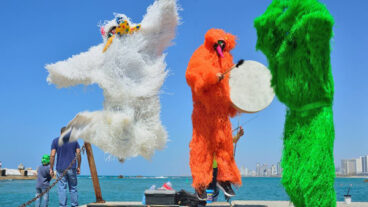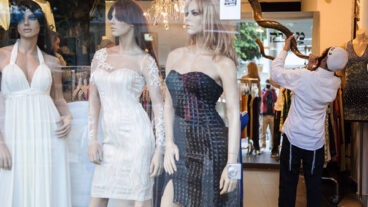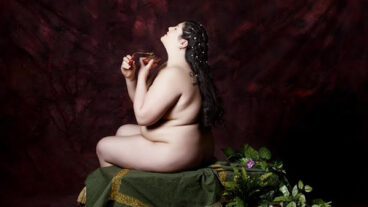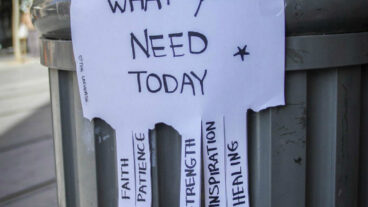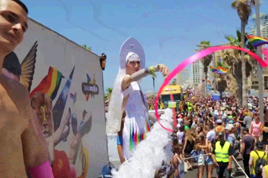One of the 20th century constants was that every great city had within it a great cafe. Great, not in terms of size or star-ratings, these were places where the local “bohemians” — the 19th century term for artists, writers, poets, journalists, politicians, muses and various hangers-on — would congregate, exchange ideas, comment on day’s events and linger for hours over a single cup.
The best of such places were a physical manifestation of the proprietor whose attitudes towards art and politics were reflected in everything from their decor, food and service to methods of payment, whether cash, credit or — in many cases — barter.
For some, the cafe became a second home, serving as an office or meeting room, and acting as a stabilizing force in an otherwise tumultuous existence.
During that time, Tel Aviv was blessed with several such places. Today, only Cafe Tamar on Sheinkin Street has soldiered on into the second decade of the 21st century
The indomitable Sarah Stern long ago set the tone for Tamar: average fare and middling coffee offset by a gruffly welcoming attitude for an eclectic clientele that are now the subject of a photo exhibit now on at the Shuki Kook Gallery, entitled People of Tamar.
Photographer and documentary filmmaker Shlomit Carmeli is both a patron and an observer of life at the cafe…
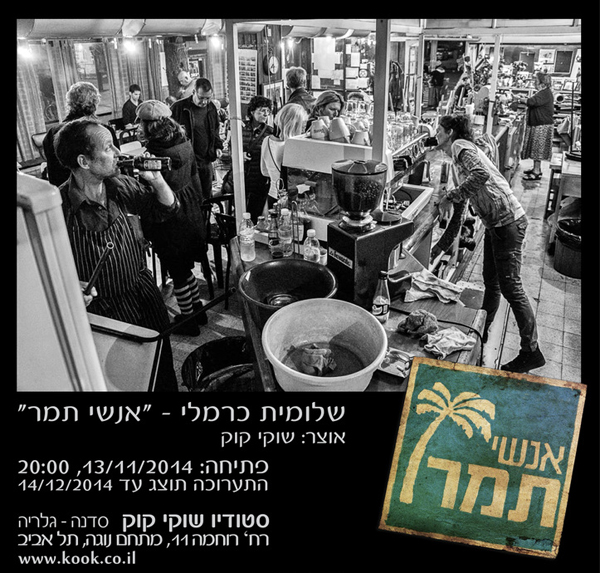
Using enhanced black and white imagery, she captures the collegial ambiance — friends and “frenemies” packed closely together at simple tables set between pillars and an odd row of lopped-off tree trunks that line the cafe interior…
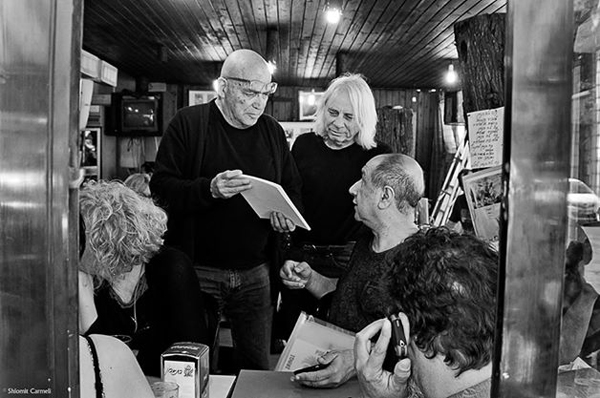
The decor: walls papered with framed paintings by patrons, caricatures by the late Yaakov “Zeev” Farkash, posters for peace, memorials for Yitzhak Rabin…
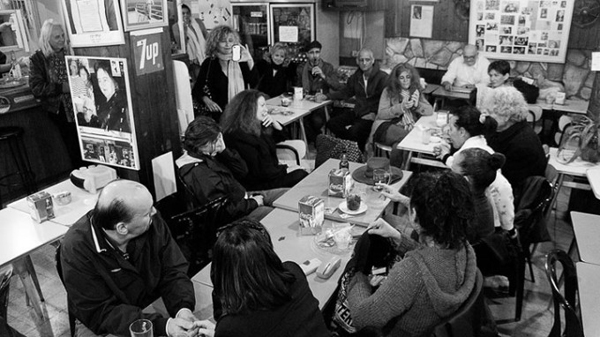
And the “not young but young-in-spirit” clientele — local cultural icons who still call Tamar their home away from home.
On a personal note, Cafe Tamar was my beloved local for many years — so much so that I once even received a package addressed to me, care of the cafe.
In the mid-80s, Tamar was the sole cafe on Sheinkin, if one can imagine such a thing. Soon, however, and in line with the second wave of hipster migration to Sheinkin at that time, Cafe Cazzeh opened down the street. They served delightful Italian coffee in a charming garden atmosphere. This was in stark contrast to Tamar’s standard beverage offerings, which were also the Israeli standards at that time: botz (literally meaning “mud”, this was, and still is, Turkish coffee mixed in hot water), ness (instant powdered or granulated coffee), hafuch (capuccino, sort of), and espresso. The latter two were based on truly substandard beans.
Other cafes soon opened serving fine coffee — some even roasted on-premises — prepared in espresso machines that were cleaned daily (as opposed to you know where). Once, my friend, the late Silvia Cherbakoff-Rosenberg, suggested helpfully to Sarah Stern that she too serve a better grade of coffee. “I have good coffee,” Sarah told her. “If my customers would ask for it, I’d serve it — but they don’t ask”.
In fact, though, Stern’s real reason was loyalty to her coffee distributor, a good man, she told Silvia, with a family to support. And that is Cafe Tamar in a nutshell: we were drinking swill, happy to be among friends, and for a higher purpose.
I should also note that Cafe Tamar’s daily operations are now handled by Sarah’s daughter, and the coffee is of a far superior grade. You can’t get bad coffee in Tel Aviv anymore, unless you really try.




